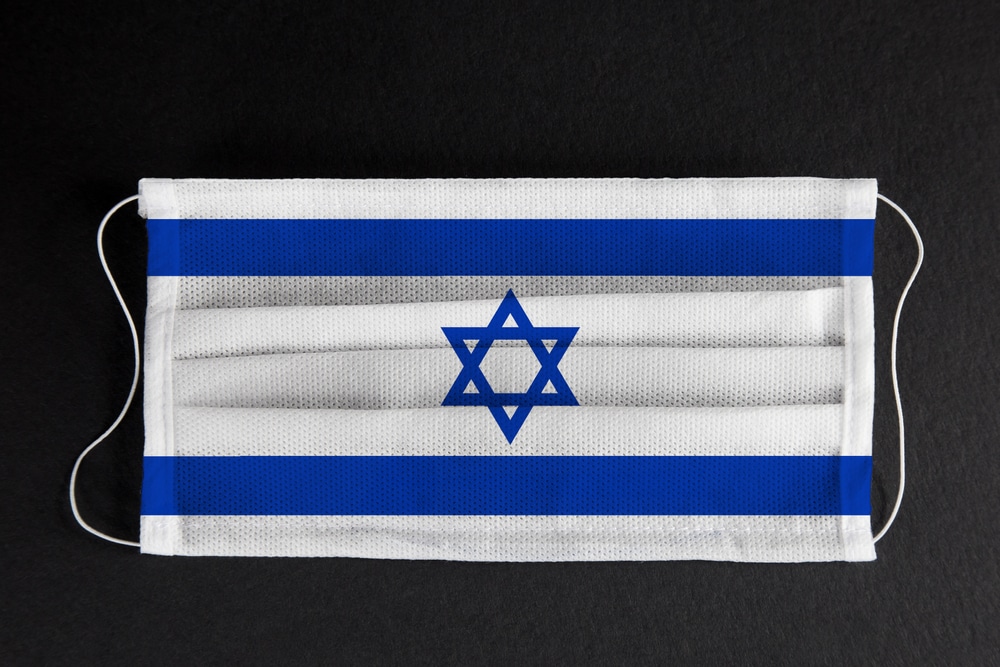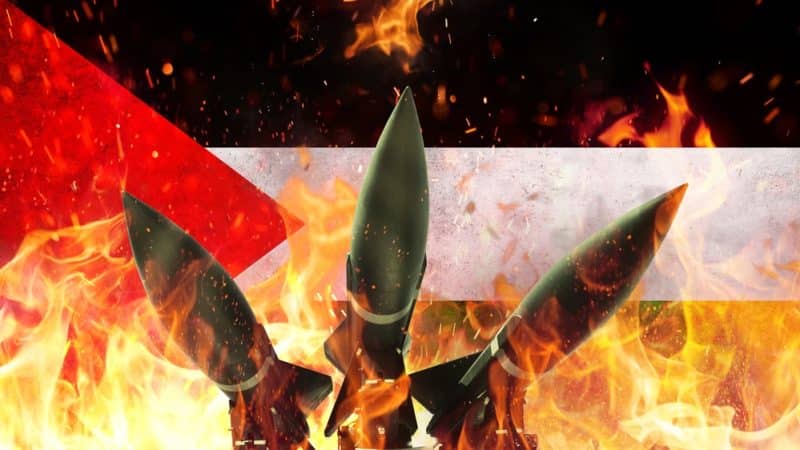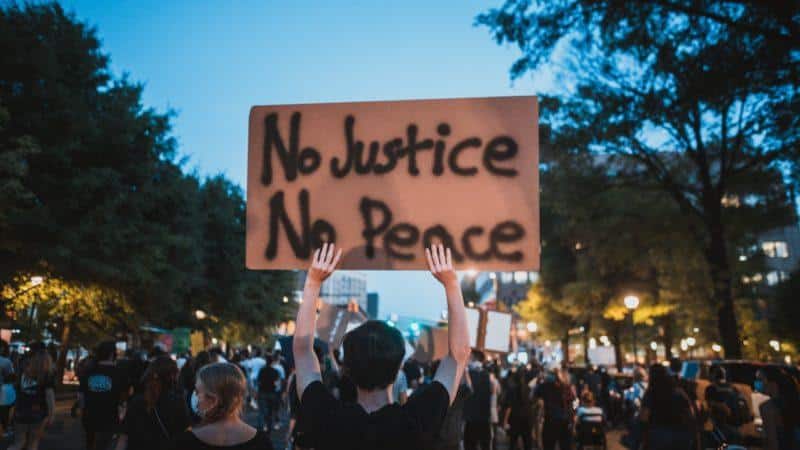Israel forges ‘official diplomatic relationship’ with Bhutan

The Himalayan kingdom is the most recent state to acknowledge the Jewish state in a normalization agreement.
On Saturday, Israel implemented diplomatic ties with the Himalayan kingdom, stated the foreign ministry, in the most recent series of normalization agreements that the Jewish state accepted.
Gabi Ashkenazi, the foreign minister in Israel, issued a statement saying, ‘Israel’s recognition circle is becoming broader.’
‘Forming ties with the Kingdom of Bhutan signifies a different period in forming a stronger bond between Israel and Asia.’
Benjamin Netanyahu, the prime minister of Israel, supported the deal and in a statement remarked that Israel ‘was communicating with other states that wish to establish a friendship with’ the Jewish state.
The agreement with Bhutan happened some days after Morocco conceded to normalize interactions with Israel. Since August, it was the fourth Arab country to take this action.
Some researchers indicate that other states like Oman, Saudi Arabia, and Asian states who are generally not in good terms with Israeli like Indonesia may do the same.
Israel’s Ambassador to India, Ron Malta, stated that on Saturday, he closed the deal with Maj Gen Vetsop Namgyel, his Bhutanese counterpart, to implement ‘official diplomatic relations,’ He referred to it as a ‘monumental day.’
‘This deal marks the start of various openings for cooperation to assist the two countries’ population,’ Malka stated on Twitter.
He posted pictures of officials from the two states signing papers and shaking hands with broad smiles in New Delhi, at the Israeli Embassy.
The deal’s joint statement indicated that the main points of liaison between the two states would include agricultural, technological, and economic development. It also said that the ‘relations between the individuals through cultural interactions and tourism would also undergo more development.’
From 1982, Israel has encouraged ‘human resource development’ in Bhutan, particularly in the region of agricultural growth, which has assisted many youths in Bhutan,’ indicated the statement. It emphasized the ‘amicable’ interactions the countries maintained, although they did not have official ties.
The secluded Buddhist kingdom describes a country with a population of below one million individuals. It is situated in the middle of its humongous neighbors, India and China.
Bhutan has attempted to protect itself from the negative impacts of globalization in an endeavor to attain ‘optimal countrywide joy’ over GDP development, sustaining a carbon-free economy, and reducing the number of tourists in peak season by imposing a daily payment of $250 per guest.
Thimphu, the capital, lacks traffic lights; selling tobacco is illegal, and it is only in 1999 that television was permitted. The nation is passionate about archery competitions and small quantities of the local firewater.
However, there have also been issues in ‘the Thunder Dragon Land, for instance, rural poverty, youth joblessness, corruption, and crooked gangs.
Bhutan takes pride in its political and cultural independence; however, it has formed diplomatic ties with around 50 states and is aware it needs to keep its doors open.
In 1971, the kingdom joined the United Nations. In recent months the United States administration, under President Trump, brokered Israel’s agreements with the four Arab countries, Morocco, Sudan, Bahrain, and the United Arab Emirates. In January, President Trump leaves office.
Since the agreements between Bahrain and UAE are both referred to as ‘the Abraham Accords,’ the Gulf countries have signed agreements varying from financial, tourism, and aviation services.
Bhutan lacks diplomatic relations with any of the UN security council’s five permanent members, such as the U.S. A fact sheet from the U.S. state department indicates this.



